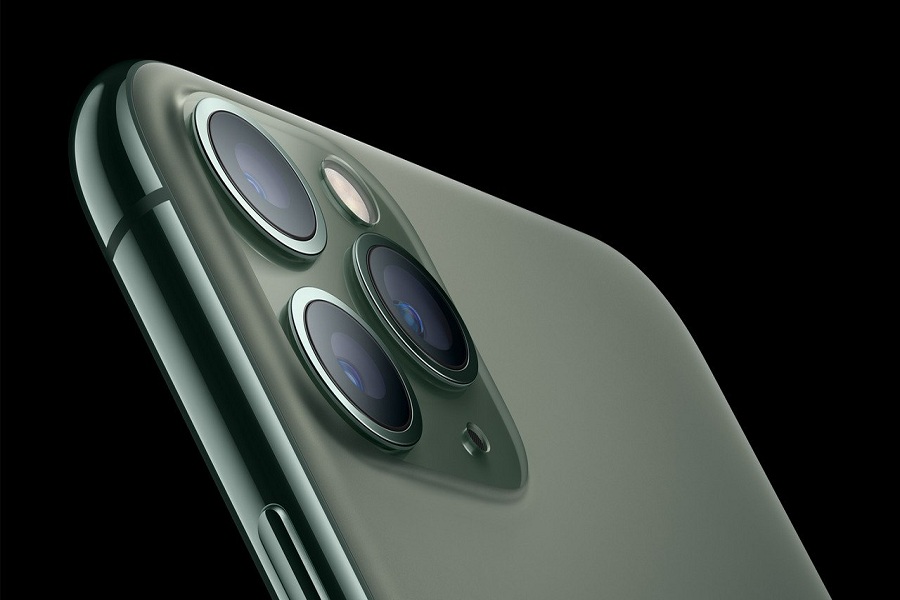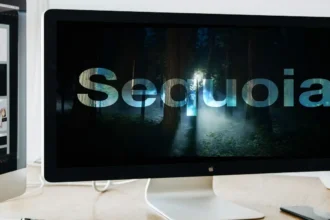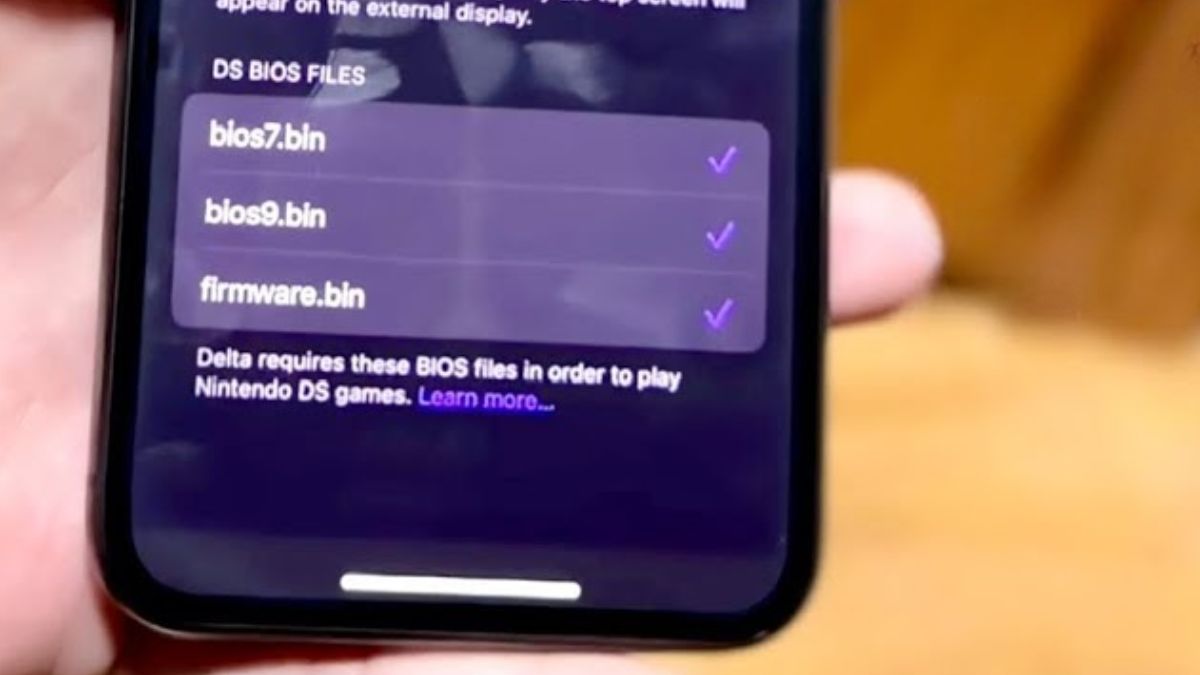The release of the Delta emulator on iOS has reignited interest in playing classic Nintendo DS games on modern devices. However, many users are encountering a “Missing Required DS Files” error when attempting to load games. This has led to a surge in searches and requests for the essential BIOS files required by DS emulators, particularly the bios7.bin, bios9.bin and firmware.bin files.
What are BIOS Files and Why are They Needed?
BIOS, short for Basic Input/Output System, is a set of essential files that enable emulators to mimic the functionality of the original Nintendo DS hardware. The most critical BIOS files for Nintendo DS emulation are:
- bios7.bin: This file contains the ARM7 BIOS, which is responsible for booting the DS and handling input/output operations.
- bios9.bin: This file contains the ARM9 BIOS, which is the main processor of the Nintendo DS and handles the majority of the system’s functions.
- firmware.bin: This file contains the firmware of the Nintendo DS, which includes system settings and other important data.
Without these files, most DS emulators, including the popular Delta emulator, will refuse to load games. As a result, demand has spiked for legitimate sources to download the necessary BIOS files.
Controversy and Legal Concerns
The renewed interest in obtaining DS BIOS files has raised legal and ethical concerns. Nintendo owns the copyright for the original BIOS code, so distributing or downloading these files from unofficial sources is legally dubious.
Many emulator communities prohibit sharing copyrighted BIOS files due to the legal risk. “Looks like someone needs to read up GitHub Terms of Service… and have common sense about asking (and providing) something that isn’t legal,” admonished one user in response to a request to add BIOS downloads to the melonDS emulator.
Some emulator developers are working on open-source alternatives to the original BIOS files to avoid legal issues. “It’s on the roadmap to eventually provide an open source BIOS replacement,” noted a melonDS developer.
Legitimate Sources
Despite the challenges, some users have discovered legitimate sources for the needed BIOS files. One popular method is extracting the files from an official Nintendo DS or 3DS console the user legally owns.
Several trusted retro gaming repositories, such as the Internet Archive, also host collections of legally obtained BIOS and firmware files for preservation and research purposes. However, users are still responsible for ensuring they have the right to download and use these files.
How to Download the BIOS Files
Once you’ve identified a legitimate source, the next step is to download the BIOS files. Here’s a step-by-step guide:
- Visit the Emulation General Wiki‘s Nintendo DS BIOS files page or the Internet Archive’s DSi Firmware Files collection.
- Locate the bios7.bin, bios9.bin, and firmware.bin files.
- Click on each file to initiate the download process. Make sure to save them in a location that’s easy to remember, such as a dedicated folder for your emulator files.
It’s important to note that some sources may provide the files in a compressed format, such as ZIP or RAR. In this case, you’ll need to extract the files using a compression tool like 7-Zip or WinRAR before proceeding.
How to Set Up Your Emulator
With the BIOS files downloaded, you’re now ready to configure your Nintendo DS emulator. While the exact steps may vary depending on the emulator you’re using, the general process is as follows:
- Launch your Nintendo DS emulator (e.g., Delta, MelonDS, DeSmuME).
- Navigate to the emulator’s settings or configuration menu.
- Look for an option related to BIOS files, such as “BIOS Settings” or “Firmware.”
- Click on the corresponding fields for bios7.bin, bios9.bin, and firmware.bin, and select the files you downloaded earlier.
- Save the settings and exit the configuration menu.
Your emulator should now be ready to run Nintendo DS games. If you encounter any issues, double-check that the BIOS files are in the correct location and that they match the required specifications (e.g., file size, checksum).
Risks of Downloading from Unofficial Sources
Experts caution against downloading BIOS files from unverified sources, as they may be mislabeled, corrupted, or bundled with malware. Sticking to reputable emulation communities and practicing good judgment when sourcing BIOS files is advised.
As the Delta emulator and other DS emulation projects continue to grow in popularity, the emulation community will need to grapple with the legal and practical challenges around BIOS files.






